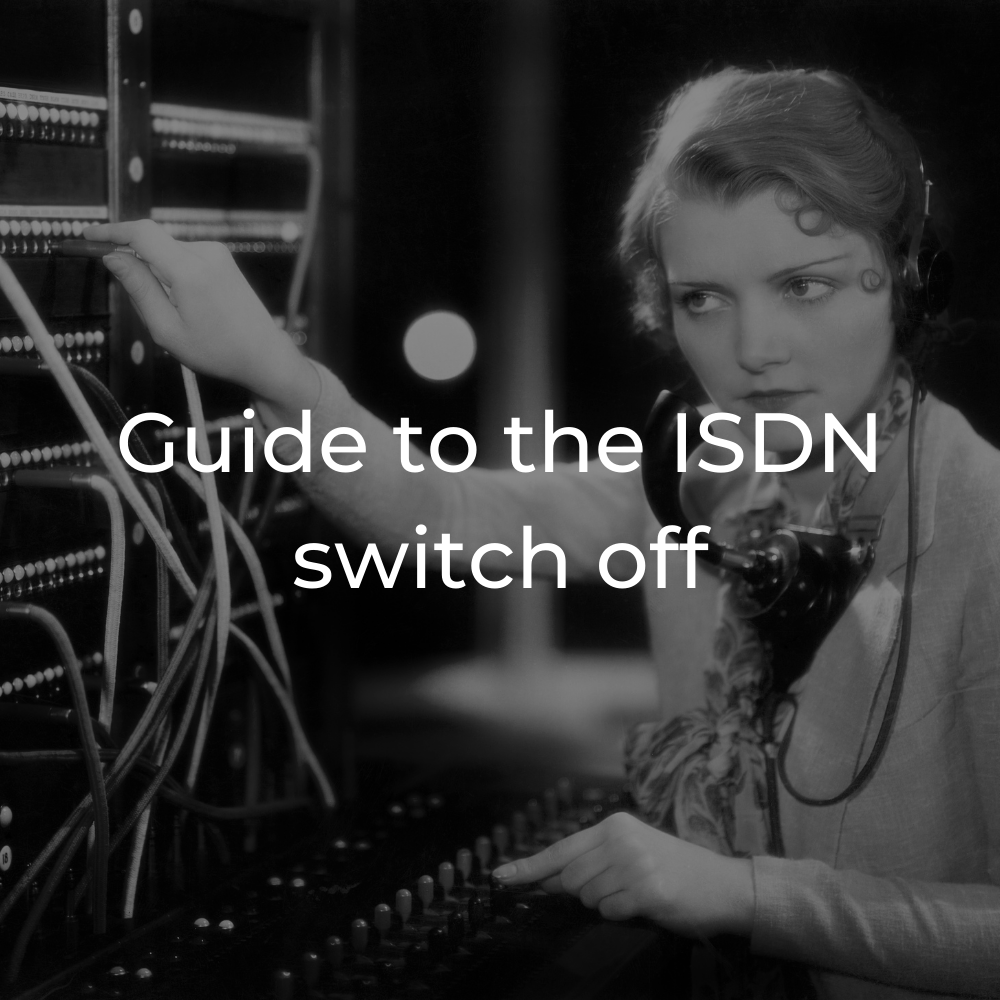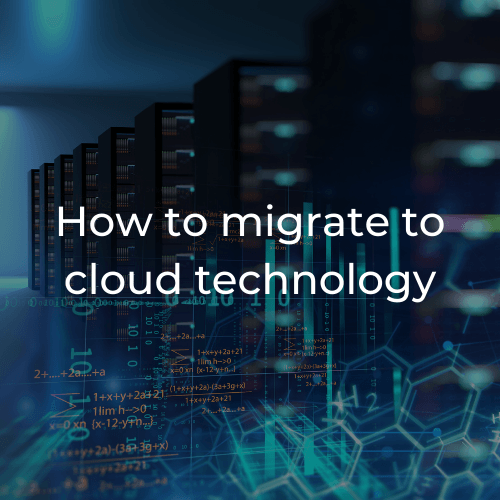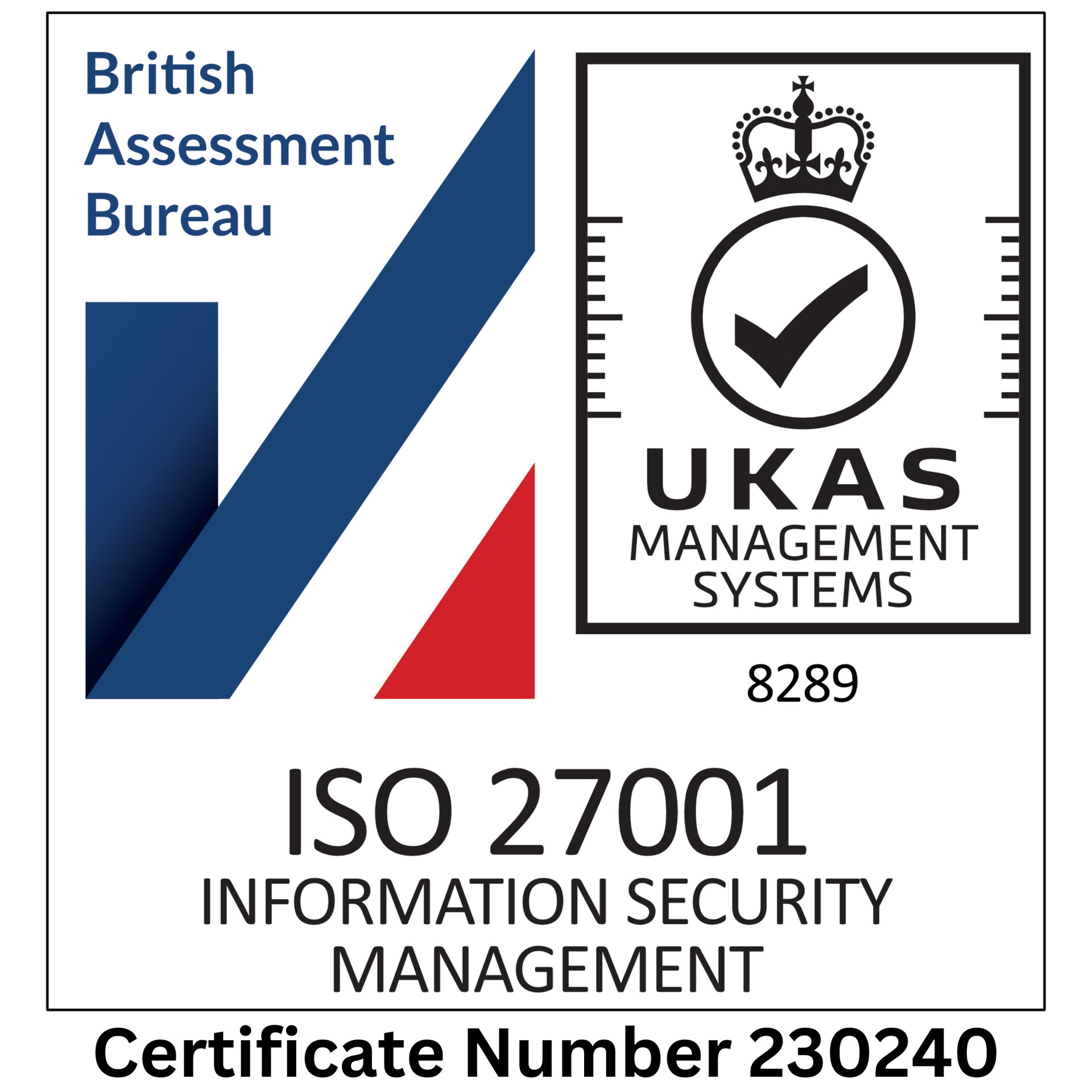What are the different types of cloud computing?
If you’ve ever heard someone mention sending something to the cloud, they don’t mean via aeroplane! The cloud, or cloud computing more specifically, is a way to store, share and send data on a remote computer server far, far away. There are a few different types of cloud computing that have different functions in terms of usability. This article is going to take a look at these different types of cloud computing to give you a better idea of what ‘the cloud’ really is.

The different types of cloud computing
There are four main types of cloud computing: public clouds, private clouds, hybrid clouds and multi-clouds. Finding the right cloud solution will depend on what you need to do and how it should function. Every cloud is different - just like the real ones! - so you really need to think about how you intend to use it before diving in and choosing a type of cloud computing.
Is the cloud right for your business?
Although the different types of cloud computing are unique, they do share similarities. Every cloud is used to share computer resources across a network. This makes all cloud types suitable for cloud computing. All cloud types use a blend of technologies, but they each have an operating system, management platform and various application programming interfaces. Other similarities include virtual desktop functionality and automation in most cases.
Of course, there are differences between the various types of cloud computing. Below, we're going to break down the various differences between cloud computing types to give you a good idea of what makes them more suitable in certain scenarios.
Public clouds
A public cloud is a cloud-based environment that isn’t owned by the end-user but rented through an IT company. These are incredibly common types of cloud computing and include huge providers like
Amazon Web Services, Google Cloud and Microsoft Azure. Public clouds are treated like a service that the public can use for a fee.
A public cloud is usually set up remotely and off-site for the end-user, but it is becoming common for providers to offer on-premise data centres for businesses. Although this is far from the norm, it is growing in popularity and is blurring the lines between ownership of the cloud in the process.
Private clouds
A private cloud is a type of online environment dedicated to a single user, company or group. Any cloud is private if all of the associated infrastructure is used by a single entity, like a business.
Private clouds were traditionally set up on-site by an IT company on behalf of a business. These days, though, organisations are moving towards rented data centres to host their private clouds. This has blurred the lines considerably in terms of ownership and on-site location. As a result, there are now sub-categories for private clouds, such as:
Managed private clouds
A managed private cloud lets customers build their own private cloud that is then managed by a third party. This is a decent option if you have a small IT department but still want to reap the benefits of a private cloud platform.
Dedicated clouds
A dedicated cloud is the online equivalent of a matryoshka doll - it is a cloud within a cloud. Users can host a dedicated cloud from within a public or private cloud. It is basically a form of partitioning and allows businesses to fence off departments. For example, the HR department could have its own dedicated cloud that is just for HR resources.
Hybrid clouds
A hybrid cloud is a tricky one to explain due to its complexity, but we’ll give it a go! Hybrid clouds are a single online environment that has been created through multiple other environments that are connected to each other. This could include local area networks (LAN), wide area networks (WAN) or virtual private networks (VPNs).
There is no set framework for a hybrid cloud - in some cases, it might require the combination of a private and a public cloud. Sometimes it might just be two private or two public clouds. A cloud becomes hybrid when different applications can be moved between different environments under one integrated system. We did say it was kind of tricky!
Multi clouds
Okay, so let’s confuse things a little more. A multi-cloud requires more than one cloud service to be pooled from more than one vendor. It doesn’t matter if it’s private or public. Although all hybrid clouds are a type of multi-cloud, not all multi-cloud platforms are hybrid clouds. A multi-cloud can become a hybrid cloud when you have different clouds connected and integrated together.
Multi clouds are becoming more popular as a way to beef up security and the overall performance of a network environment. They do an excellent job of keeping sensitive data safe and secure and can help with
disaster recovery efforts when things go wrong.
Are the different types of cloud more expensive?
When it comes to cloud computing - just like a good pair of shoes, you get what you pay for. Most public clouds are bare-bones if they don’t charge anything for their service, which makes them largely redundant for most businesses. Hybrid clouds will tend to cost the most due to the bespoke work that goes into creating them for companies. Whether it is on-site, off-site or a blend of both, hybrid clouds require more effort to set up effectively can are certainly worth it in the long run.
So, there is quite a lot to unpack when it comes to cloud computing. If you would like to learn the steps required to migrate to the cloud, take a look at our
thoughts on the matter here.
There is a lot of flexibility these days when it comes to cloud computing. Whether you're looking to invest in a public, private, hybrid or multi-cloud platform, it really helps to know what the differences are.
Expertise where it matters most
Yoozoom are currently offering a free Gap Analysis Report (Worth £895) to help business owners and IT managers fully understand their options for managing their technology set up. You can learn more about the Gap Analysis Report by clicking here, alternatively, you can click here to speak to one of our experts for free advice on your cloud migration. Of course, you may not yet be at the stage where you're sure if a migration to the cloud is right for you. Don't worry, we've created a number of articles to help you with your research. Click here to learn why you should move to the cloud, or read our shorter article on the subject here. We've also got our Knowledge Hub, where upon signing up, you'll receive regular updates on the latest technology news.
Whatever you choose to do, rest assured, our IT experts are on hand to help you with your move.




















